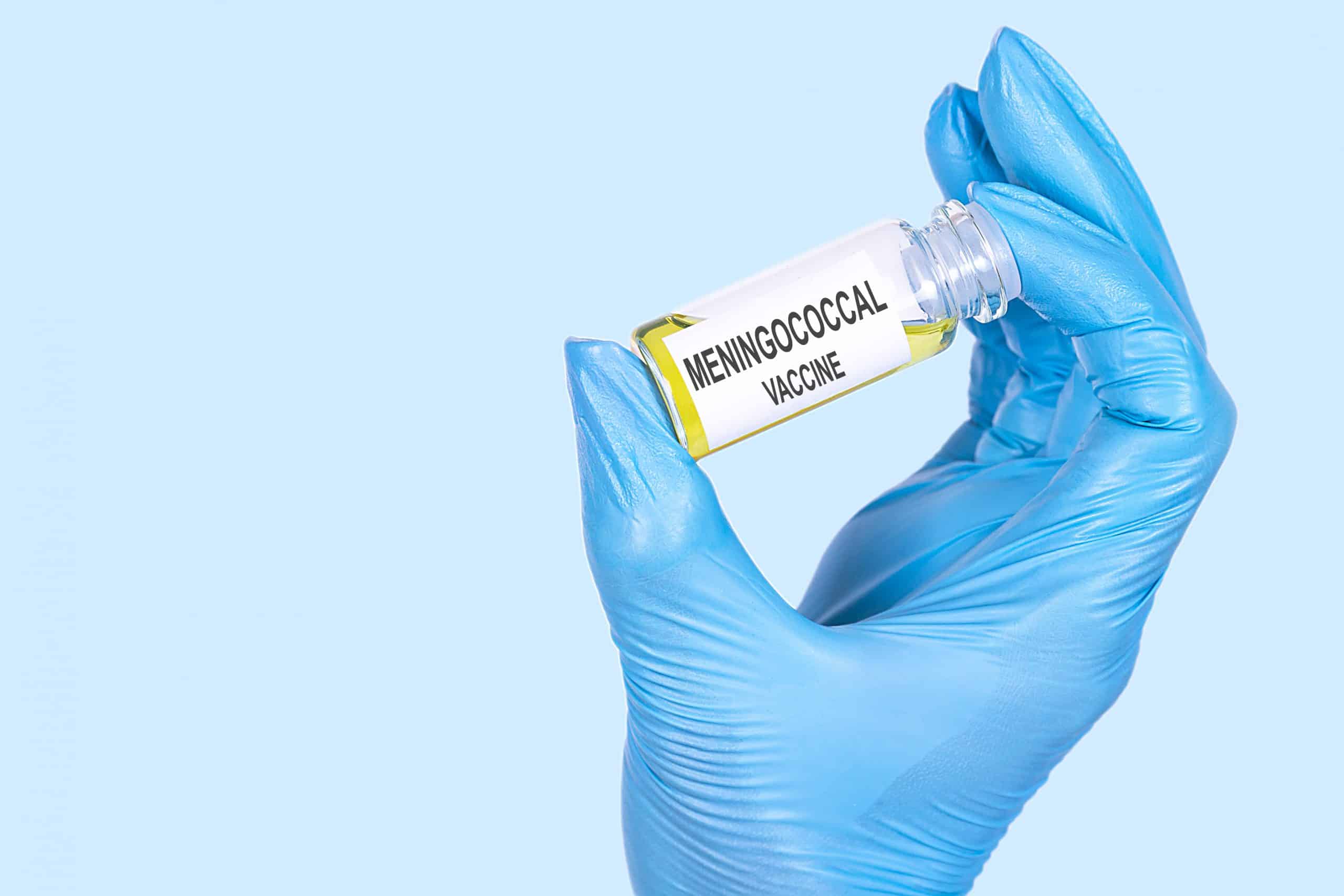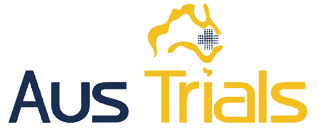You may have seen a campaign last year by the name of “Know Meningococcal” (https://www.knowmeningococcal.com.au/). It is one of many websites that are trying to increase the community’s awareness of meningococcal disease and its potential consequences. Other sources of information are provided by health departments in each state, such as here in Queensland at conditions.health.qld.gov.au/HealthCondition/condition/14/33/95/meningococcal-disease.

Awareness is important as meningococcal disease can be deadly or have long-term consequences. While meningococcal disease is rare, it is potentially life threatening. Up to one in ten of those infected may die, and around one in five may suffer serious long-term disabilities including brain damage, deafness or loss of limbs.
You may be aware already there are many strains of the meningococcus bacteria. At present there are 13 known strains, the most common strains worldwide are A, B, C, W and Y. In Australia the most common causes of invasive meningococcal disease are due to strains B and W. There has been a particularly virulent W strain since 2013 which has been responsible for approximately half of Australian cases and as such has been associated with higher complications and deaths.

Treatment is with antibiotics given by injection if meningococcal disease is suspected early enough and may require hospital admission to intensive care. Infection can lead to septicaemia (a serious infection in the bloodstream) and meningitis (inflammation of the membranes surrounding the brain).
Meningococcal disease can strike rapidly. Although uncommon, meningococcal disease is potentially fatal and can progress to death as quickly as 24 hours from onset. In fact, the time after onset of symptoms to severe disease can progress through stages:

Approximately 10% of the population are carriers for meningococcal bacteria (in the nose and throat) but will not cause disease in most people. They are ‘asymptomatic carriers’. However, transmission to others can occur. The highest incidence of disease is in young children aged less than 5 years and adolescents and young adults aged 15 to 24 years.
The risk factors for severe meningococcal disease include:
- being immunocompromised
- certain medications that may make people more susceptible to meningococcal infection
- asplenia (absence or non-functioning spleen)
- occupational exposure (working in a laboratory)
- Aboriginal or Torres Strait Islander people (up to the age of 19 years)
Groups that should be vaccinated include (in addition to the above):
- adolescents aged 15 to 24 years of age
- people with medical conditions which may put them at risk of meningococcal disease
- young adults living close together (eg in residential accommodation or in the military)
- smokers (aged 15 to 24 years)
- travellers (such as pilgrims attending the annual Hajj in Mecca).

At present there are 2 vaccinations available in Australia that protect against the A, B, C, W and Y strains. Strains A, C, W, Y are covered by Menveo, Nimenrix and Menracta (can be given from the age of 6 weeks depending on the brand). The B strain is covered by Bexero (can be given from age of 6 weeks) or Trumenba (from the age of 10).
The schedule for these is dependent on the age that the child commences vaccination. The ACWY vaccination is currently on the National Immunisation Schedule for the general population at age 12 months and 14 to 16 years (usually administered at school as part of the vaccination program).
The B vaccination is only covered at present for Aboriginal and Torres Strait Islander children or those with specific medical risk factors. It is covered as part of the state immunisation schedule however for those living in South Australia. At present if parents/young adults would like to have the B vaccination they would need to obtain this privately by prescription (usually through their local doctor).
In the USA, the US Advisory Committee on Immunization Practices (ACIP) recommends routine vaccination for ACWY at the age of 11-12 years and a booster dose at the age of 16 years. However, in Australia, currently only one ACWY vaccination is provided for by the National Immunisation Schedule. For those at risk (as per the list above) it is recommended to have a “booster” vaccination every 5 years. This may or may not be covered by the NIP and an out-of-pocket cost may be involved.
Here at AusTrials we are studying a new investigational vaccine to prevent meningococcal disease as well as determine the effectiveness of a “booster” dose in those who have received a previous ACWY vaccine in the previous 4 to 6 years. Contact AusTrials on 1300 190 841 to find out more.

